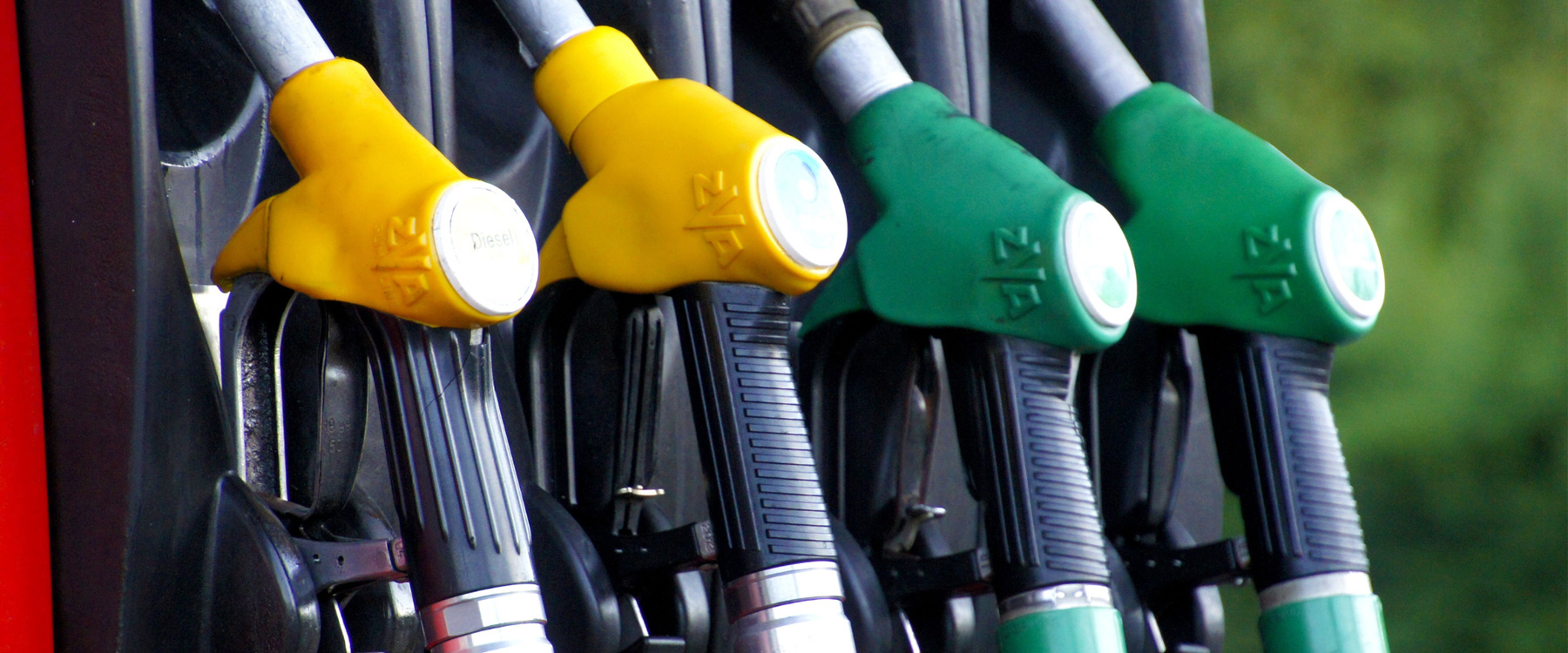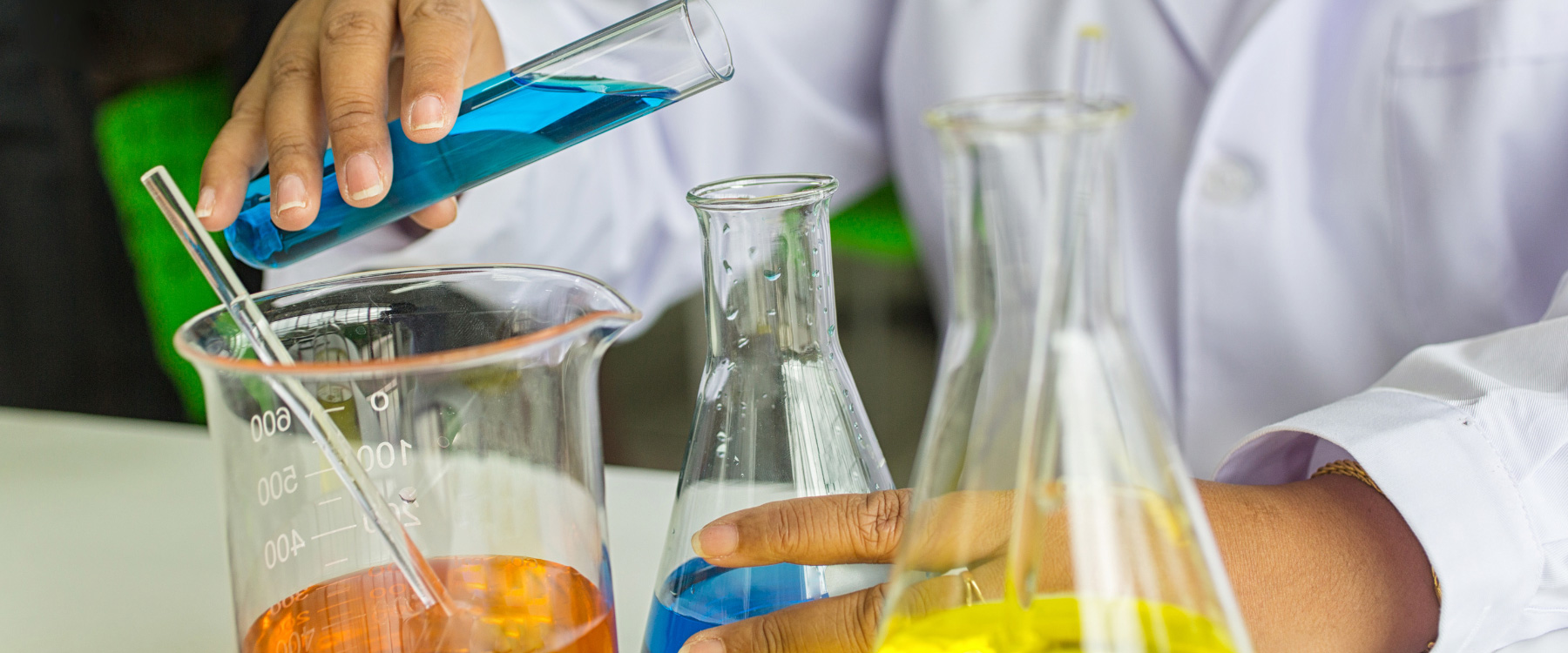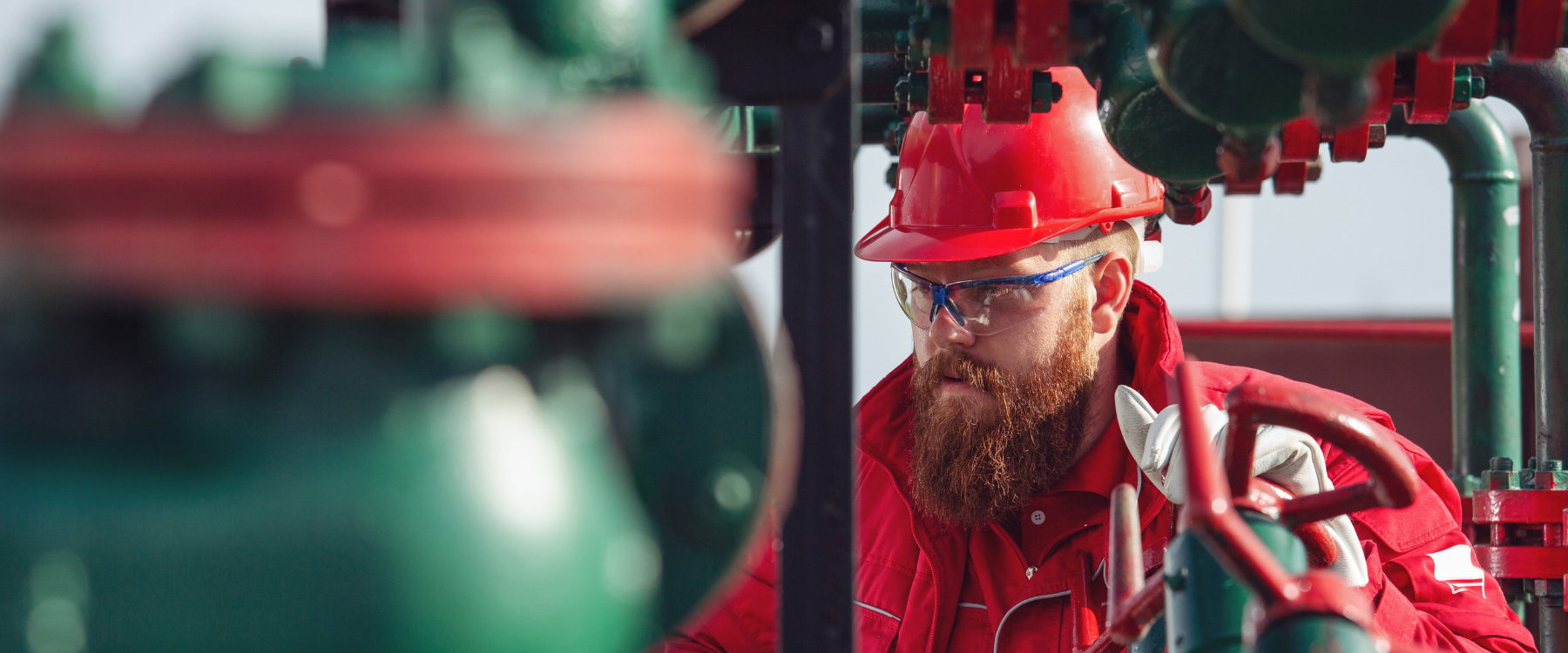Looking for approved oil and gas inspections and inspectors?
Get quotes from approved Oil and Gas inspection professionals.
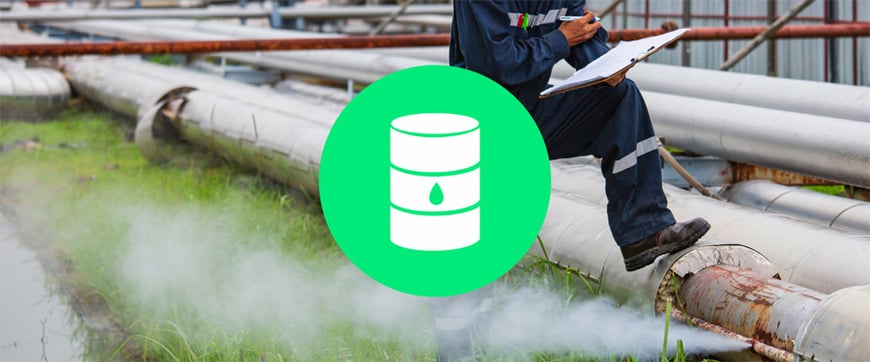
Welcome to Inspexion.com - Your One-Stop Solution for Oil & Gas Inspection Quotes
Are you tired of the hassle of finding reliable inspectors for your Oil & Gas projects?
Look no further! Inspexion.com is here to make your life easier.
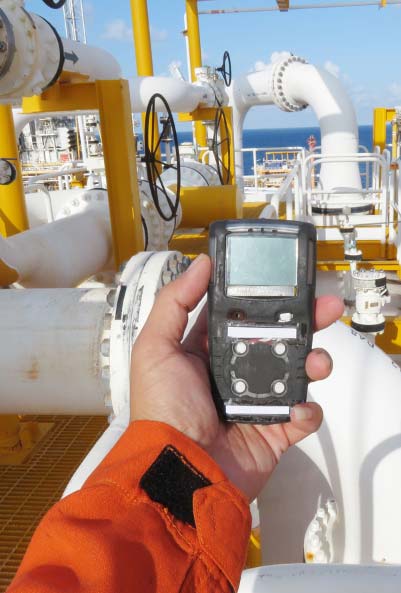
Why choose us to get your oil and gas equipment inspected?
You don't have to search for inspectors. We save you time as we have a global footprint with hundreds of inspectors waiting for your requests.You are not at the mercy of the industry. You are in full control of the process with tools like defining the timeframe for inspections, assigning deadlines for the report submissions.
You are not limited. You can appoint multiple inspectors in multiple countries to inspect multiple specifications.
Experts at your fingertips. Our inspectors have experience and proven track records with midstream oil and gas inspections.
Global reach. Any industry, any product, anywhere, anytime, inspexion.com has you covered.

Our Oil and Gas Inspection Services:
Oil and Gas Midstream
Midstream oil and gas companies conduct various types of inspections to ensure the safe and efficient transportation, storage, and processing of oil and gas products.
Oil an Gas Procurement
Procuring exact parts, spares, and equipment while managing logistics is what you do, providing inspection quotes, connecting you to inspectors across the globe, and reporting to your specifications is what we do.
Downstream Fuel Color
Color measurement is a crucial process in the petroleum processing industry as it provides an indication of both the type and quality of the product.
Fuel Inspections
Fuel color inspections are visual assessments conducted to determine the color characteristics of fuels, such as gasoline, diesel, jet fuel, or heating oil.
Pipeline Inspections
Thoroughly inspecting pipelines is essential to ensure their safety and reliability; a combination of techniques, such as visual inspections, in-line testing methods like non-destructive evaluation (NDE) and corrosion monitoring can provide detailed information about the condition of the pipeline.
Corrosion Monitoring Inspections
Regular monitoring inspections for early corrosion detection save money by reducing repair and replacement costs. They also increase equipment lifespan, ensure compliance with safety regulations, and minimize the risk of accidents or production downtime.
Common methods used by these inspectors:
- Visual Inspection: A fundamental method where inspectors visually examine components for signs of damage, corrosion, leaks, and wear.
- Ultrasonic Testing (UT): Uses high-frequency sound waves to detect hidden defects, thickness measurements, and material characterization in pipes, flanges, and valves.
- Radiographic Testing (RT): Utilizes X-rays or gamma rays to examine the internal structure of materials, identifying cracks, weld defects, and other flaws.
- Magnetic Particle Testing (MT): Detects surface and near-surface defects by applying a magnetic field and observing the response of magnetic particles applied to the surface.
- Liquid Penetrant Testing (PT): Involves applying a liquid penetrant to the surface, which seeps into cracks and defects, revealing them when the excess penetrant is removed.
- Eddy Current Testing (ET): Uses electromagnetic induction to assess the condition of conductive materials, particularly for detecting corrosion and cracking.
- Positive Material Identification (PMI): Determines the elemental composition of materials to ensure they meet specification requirements.
- Infrared Thermography: Detects variations in temperature to identify issues like insulation defects, blockages, or overheating in valves and pipes.
- Pressure Testing: Involves subjecting equipment to controlled pressure to check for leaks or structural weaknesses.
- Valve Functional Testing: Inspectors evaluate valve performance by assessing their opening and closing functions, leakage rates, and response to control signals.
- Ultrasonic Thickness Gauging: Measures material thickness to identify corrosion or thinning of pipe walls.
- Boroscopic Inspection: A specialized technique that involves inserting a borescope into confined spaces or the interior of pipes and valves to visually inspect their condition.
- Leak Testing: Determines if there are any leaks by introducing a gas or liquid and monitoring for pressure changes or escaping fluid.
- Weld Inspection: Focuses on assessing the quality of welds, looking for defects such as cracks, lack of fusion, or incomplete penetration.
- Hardness Testing: Measures the hardness of materials to assess their suitability and resistance to wear and deformation.





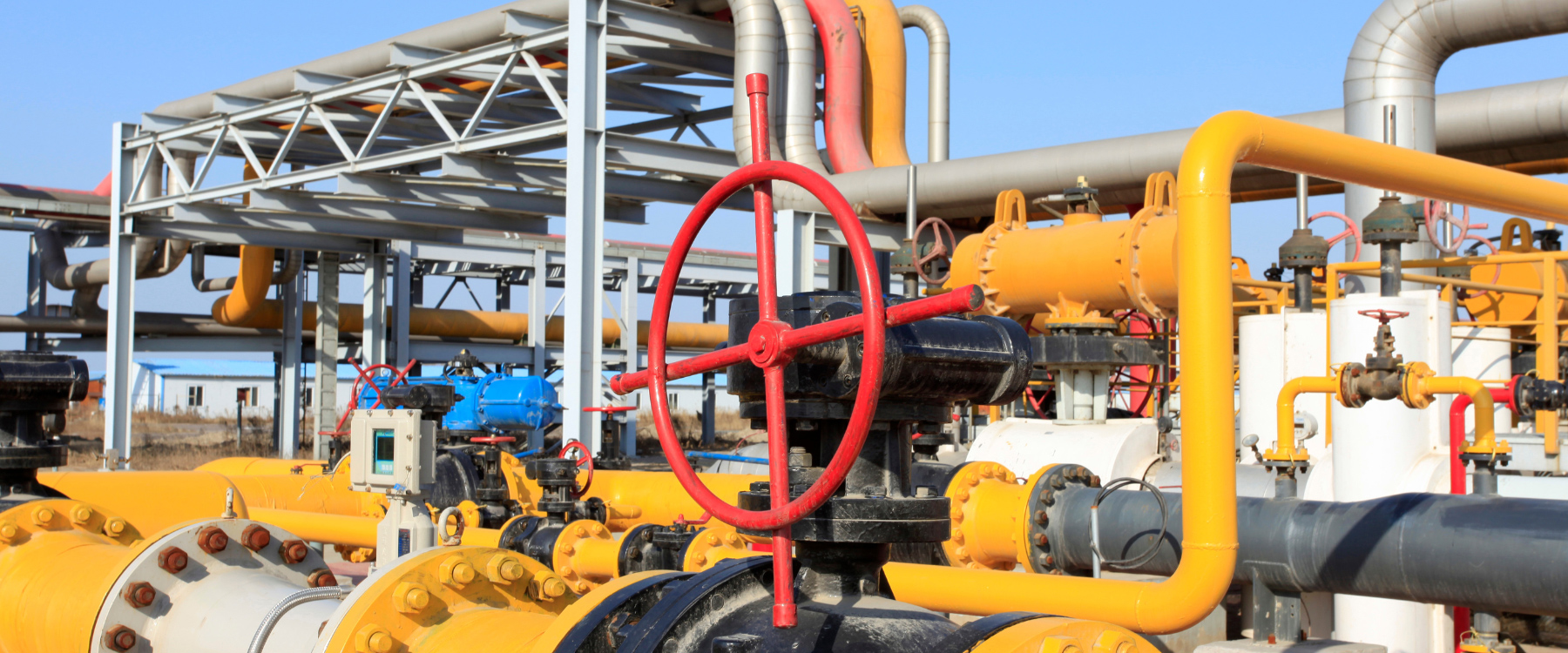
.jpg)
